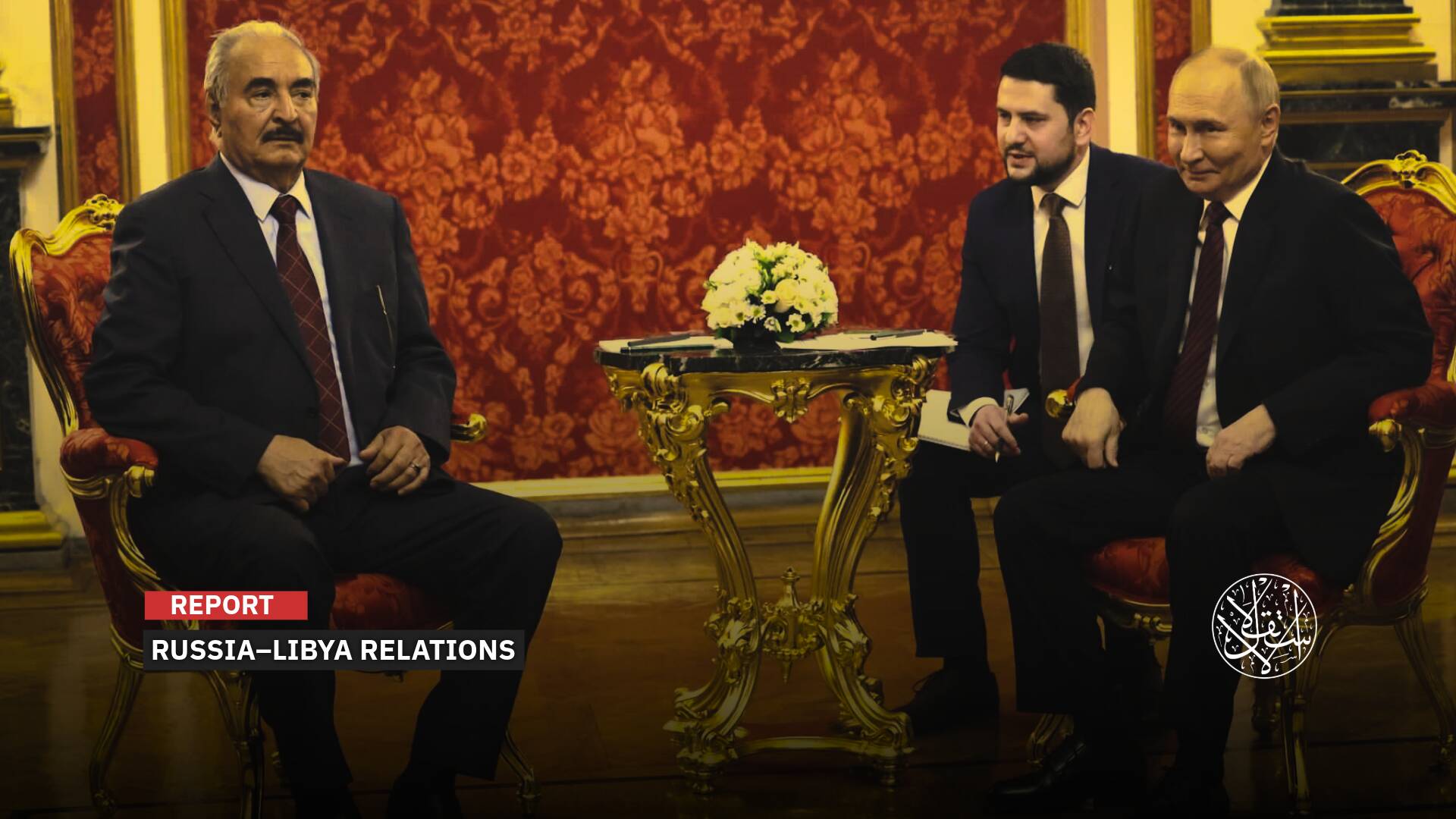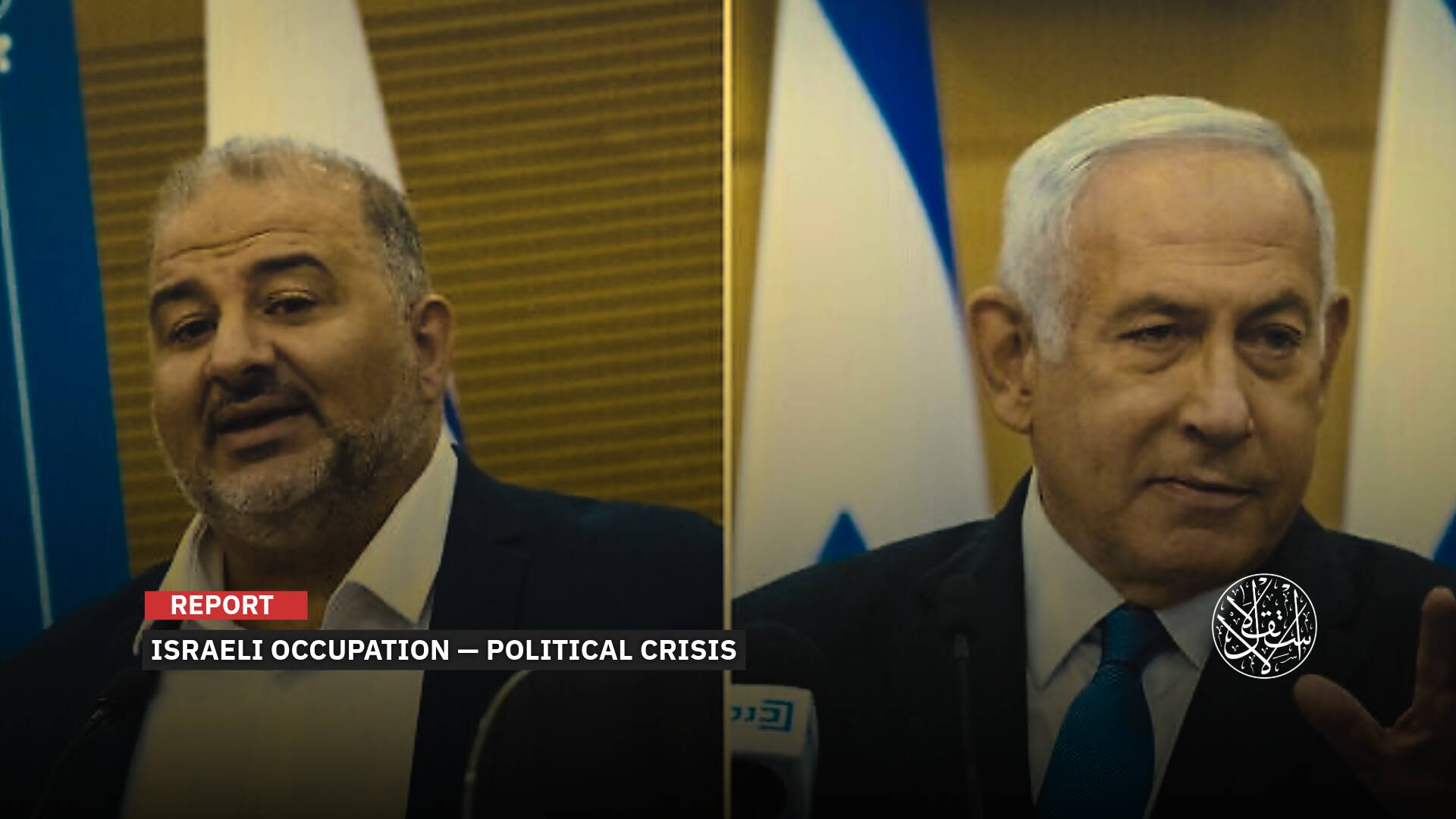Financial and Moral Scandals: Why Did Activists Mock Sisi’s New Government?

The timing of this ministerial shuffle coincided with the eleventh anniversary of the July 3, 2013 coup
The newly formed Egyptian government, under the leadership of Prime Minister Mostafa Madbouly, solemnly pledged allegiance to the nation’s constitution before President Abdel Fattah el-Sisi.
However, this seemingly routine ceremony brought a web of questions and surprises that reverberated throughout the corridors of power.
The cabinet reshuffle, a contentious move, witnessed a seismic shift as 20 ministers were replaced, while 8 retained their positions.
Additionally, two ministers were transferred to other portfolios, and several ministries were merged.
The upheaval extended beyond mere administrative changes; it marked an unprecedented transformation since the state’s inception on July 3, 2013.
Notably absent from the new lineup were familiar names associated with President Sisi’s tenure, including ministers of endowments, electricity, and foreign affairs.
Simultaneously, the landscape of regional governance underwent radical alterations.
Military and police backgrounds dominated the ranks of the newly appointed governors—16 brigadier generals and a team of 10 civilians.
Yet, these appointments sparked public scrutiny. Social media buzzed with questions about the criteria governing ministerial and gubernatorial selections. Were these choices based on competence or personal connections?
New Rearrangements
The timing of this ministerial shuffle coincided with the eleventh anniversary of the July 3 coup—a pivotal moment in Egypt’s recent history.
Against a backdrop of mounting public discontent, exacerbated by soaring prices, power shortages, and the burden on citizens, the government’s motives for these changes remain shrouded in uncertainty.
Notably, the amendment’s most dramatic twist involved the ousting of key military figures who had been instrumental in the 2013 coup.
Minister of Defense Mohamed Zaki, once the head of the Republican Guard during President Mohamed Morsi’s rule, found himself removed from his post.
Likewise, Chief of Staff Osama Askar, a member of the military council during that tumultuous period, faced a similar fate.
President Sisi’s decision to replace these longstanding partners in the coup raised questions.
By appointing Major General Abdel Majeed Saqr—an army leader who had left military service over six years ago and served as the governor of Suez in 2018—to head the Ministry of Defense, Sisi broke with tradition.
Since July 1952, it had been unheard of for someone outside the military establishment to assume this critical role. The move left observers pondering the true motivations behind this unprecedented shake-up.
“Sisi’s move aims to secure unwavering personal loyalty from the Minister of Defense, who hails from outside the traditional military circles,” political analyst Anas Rashad told Al-Estiklal.
“By doing so, the Minister’s influence within the armed forces would be limited, mitigating any potential threat to the regime down the line,” Rashad added.
According to Rashad, the exclusion of Zaki and Askar from their positions within the military establishment stems from their growing influence. Authoritarian regimes tend to perceive influential army leaders as a challenge to their authority, prompting such decisions.

Major Scandals
As names were unveiled and portfolios shuffled, citizens expressed their dismay, turning what was expected to be a routine government adjustment into a subject of ridicule.
At the center of the storm is Kamel El-Wazir, the newly appointed Minister of Industry and Deputy Prime Minister.
El-Wazir, a trusted confidant of President Sisi, now finds himself straddling two critical roles: overseeing industry affairs from 8 am to 3 pm and managing transportation matters from 3 pm to 10 pm. His unconventional schedule has become a target for mockery online.
However, it’s not just the peculiar time split that has Egyptians raising eyebrows. El-Wazir’s lack of industry experience has left many scratching their heads.
Formerly at the helm of the engineering authority within the armed forces, his expertise lies primarily in building roads and bridges—a far cry from the complexities of industrial policy.
Additionally, Mohamed Abdel Latif has been appointed as Egypt’s Minister of Education.
His qualifications fall short of the demands of this crucial role. With a thin résumé, Abdel Latif’s main claim to fame is his lineage—he is the grandson of Field Marshal Ahmed Ismail, a former Egyptian Minister of Defense, and he oversees private schools owned by his mother.
The controversy deepens when examining his alleged PhD from Cardiff City University in the United States.
Online content verification experts have raised doubts about the legitimacy of this degree, labeling Cardiff City as a dubious institution that peddles fake academic credentials.
According to their findings, the university lacks a physical campus, faculty, or any substantial presence beyond a social media page.
Degrees, including doctorates, are allegedly available for purchase, with prices ranging from $5,000 for a diploma to $10,000 for a doctorate.

Dual Assignments
Meanwhile, the appointment of Badr Abdel Aati as Egypt’s Foreign Minister has sent shockwaves through diplomatic circles.
Close associates of Abdel Aati express surprise, given the cloud of allegations surrounding him. Reports suggest that during his tenure as Egypt’s ambassador to Germany, he faced accusations of embezzlement and espionage against Egyptian dissidents abroad.
Notably, news outlets revealed that he allegedly misappropriated valuable items from the Egyptian embassy in Berlin, including a heritage carpet and an oil painting worth a quarter of a million euros.
Furthermore, he reportedly purchased a Mercedes car using embassy funds and registered it in his own name.
The Spanish newspaper “El Mundo” has also implicated Abdel Aati in spying on Egyptian researchers and dissidents in Germany. Secret reports allegedly compiled by him were shared with Egyptian authorities.
One notable case involves the arrest of Egyptian researcher Ismail Al-Iskandarani upon his return to Egypt after an academic research visit to Berlin.
Additionally, German intelligence disclosed Abdel Aati’s recruitment of an employee from former German Chancellor Angela Merkel’s office to gather information for Egyptian intelligence—an incident that came to light in July 2020.
Beyond these individual controversies, concerns arise over potential conflicts of interest among ministers in the new government.
Several appointees hold dual roles, simultaneously serving in ministerial positions and maintaining ties to private companies or entities.
Minister of International Cooperation Rania Al-Mashat, for instance, sits on the board of directors of Abu Dhabi Bank.
Similarly, Minister of Finance Ahmed Kouchouk serves as a non-executive board member of Talaat Moustafa Group Holding, representing Misr Insurance Company.
Meanwhile, Minister of Petroleum Karim Badawi holds a leadership position at Schlumberger International.
These dual responsibilities raise questions about impartiality, competitive standards, and the integrity of decision-making processes.
“Customarily, ministers in such situations are expected to resign from conflicting positions to avoid compromising their roles or casting doubt on their actions. But this seems not to happen under Sisi’s new cabinet,” Rashad noted.

“Officers’ Republic”
In the recent government reshuffle, while the number of ministers with military backgrounds decreased, the appointment of governors compensated for this reduction.
Surprisingly, 61.5% of these governors come from army and police brigades, reinforcing the notion of an “officers’ republic.”
Generals now wield significant influence over local administrations, and since July 2020, each governorate has a military advisor.
“The selection of young deputies and governors initially appears empowering. However, it’s a carefully orchestrated move. Many are graduates of President Sisi’s Leadership Training Program, ensuring their loyalty to the regime. This subtle militarization occurs even in civilian attire,” Rashad mentioned
Meanwhile, public discontent simmers. Former ministers faced criticism, particularly the Minister of Supply, who slashed food subsidies, and the Minister of Electricity, responsible for prolonged power outages.
The Minister of Endowments, controversially sidelining mosques, and the Minister of Foreign Affairs, grappling with Egypt’s diminished regional role, also drew anger.
Despite years of failure, President Sisi retained these ministers, resisting calls for change. Now, as tensions escalate, the reshuffling aims to placate Egyptians temporarily.
But the real issue lies not in individuals or portfolios—it’s the policies and decision-making methods.












